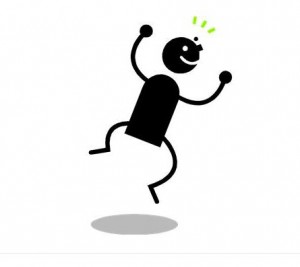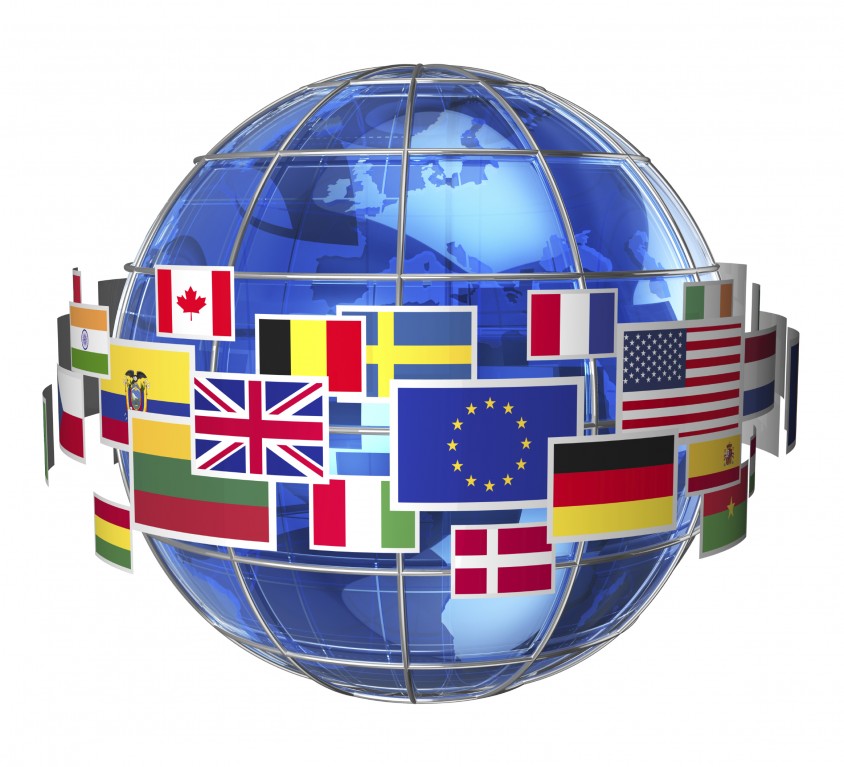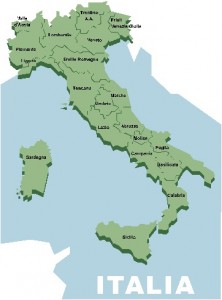 In preparation of D. Goleman’s presence and presentation in Lausanne at the IMD later this week, I was reading some very interesting articles/research about emotions and their influence on trust.
In preparation of D. Goleman’s presence and presentation in Lausanne at the IMD later this week, I was reading some very interesting articles/research about emotions and their influence on trust.
As more and more leadership publications and organizational excellence discussions talk about emotions and how important these are for successful self-management, people-management and organizational functioning and well-being (for the company as a whole as well as for the people in it), I find their influence on trust highly important. Trust is indeed necessary for effective teamwork, functioning partnerships, management, social life etc. It really is the main ‘ingredient’ for making things happen, able to reduce the complexity that we are confronted at all times so that we can be together, work together, deal together in business matters and other things. Once lost, it is very difficult to re-build trust in whatever context.
Thanks to research conducted in the field of psychology and neuroscience we now slowly begin to better understand and value how our ‘brains’[1] function and why it is so important to listen to both of them. The idea, that certain emotions can influence trust is hence extremely interesting.
So far, I only knew of research identifying links between affective states (moods and emotions) and unrelated judgments[2] and not how specific emotions influence subsequent judgments. “Unlike moods, emotional states are typically shorter in duration (…)”[3] and they are more complex than moods. In their research, Jennifer Dunn and Maurice Schweitzer, found out the following correlation:
“Happiness and gratitude—emotions with positive valence—increase trust, and anger—an emotion with negative valence—decreases trust. Specifically, (…) emotions characterized by other-person control (anger and gratitude) and weak control appraisals (happiness) influence trust significantly more than emotions characterized by personal control (pride and guilt) or situational control (sadness). (…) Emotions do not influence trust when individuals are aware of the source of their emotions or when individuals are very familiar with the trustee.”
Applied to leadership, these findings are of great importance. As we have seen in one of my previous posts, certain mental qualities or attitudes, “(…) provide a rich soil in which the seeds of mindfulness can flourish: [4]
- Patience
- ‘Letting Go’
- Non-Judging
- Trust
- Generosity
To summarize: Under certain conditions, emotions such as happiness and gratitude thus increase trust whereas a key attitude for being able to plant the ‘seeds’ of mindfulness is also trust. If you thought that mindful leadership is out of your reach, well here’s a place to start!
[1] Compare with: “Did you know that you actually have two brains?”
[2] See Joseph P. Forgas for example
[3] Jennifer R. Dunn and Maurice E. Schweitzer: “Feeling and Believing: The Influence of Emotion on Trust”, page 737
[4] Jon Kabat-Zinn: “Wherever you go, there you are”, New York 1994, p. 3.








